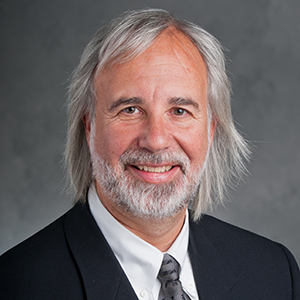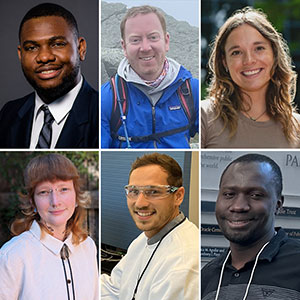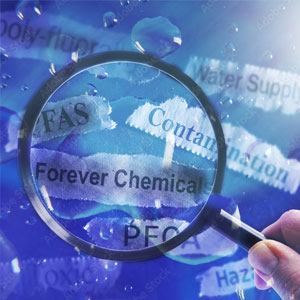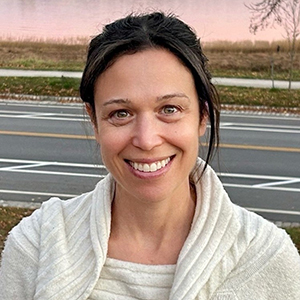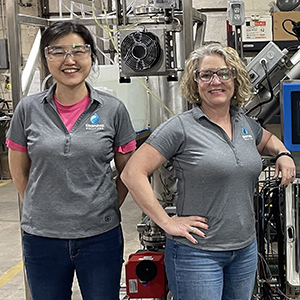A new filter cartridge that is compatible with Brita pitchers can remove per- and polyfluoroalkyl substances (PFAS) from drinking water. The Purefast cartridges from CycloPure, Inc., are based on DEXSORB+(https://www.niehs.nih.gov/research/supported/centers/srp/science_digest/2019/6/technology/) technology, which was developed with support from an NIEHS Superfund Research Program (SRP) small business innovation research grant(https://tools.niehs.nih.gov/srp/programs/Program_detail.cfm?Project_ID=R44ES029401).
“These $45 filters can provide up to 65 gallons of PFAS-free water, replacing 700 single-use water bottles,” said CycloPure chief executive officer Frank Cassou. The cartridges will be available in early April 2022.
“We hope this will be an affordable option for people concerned about PFAS exposure based on where they live or work,” he noted.
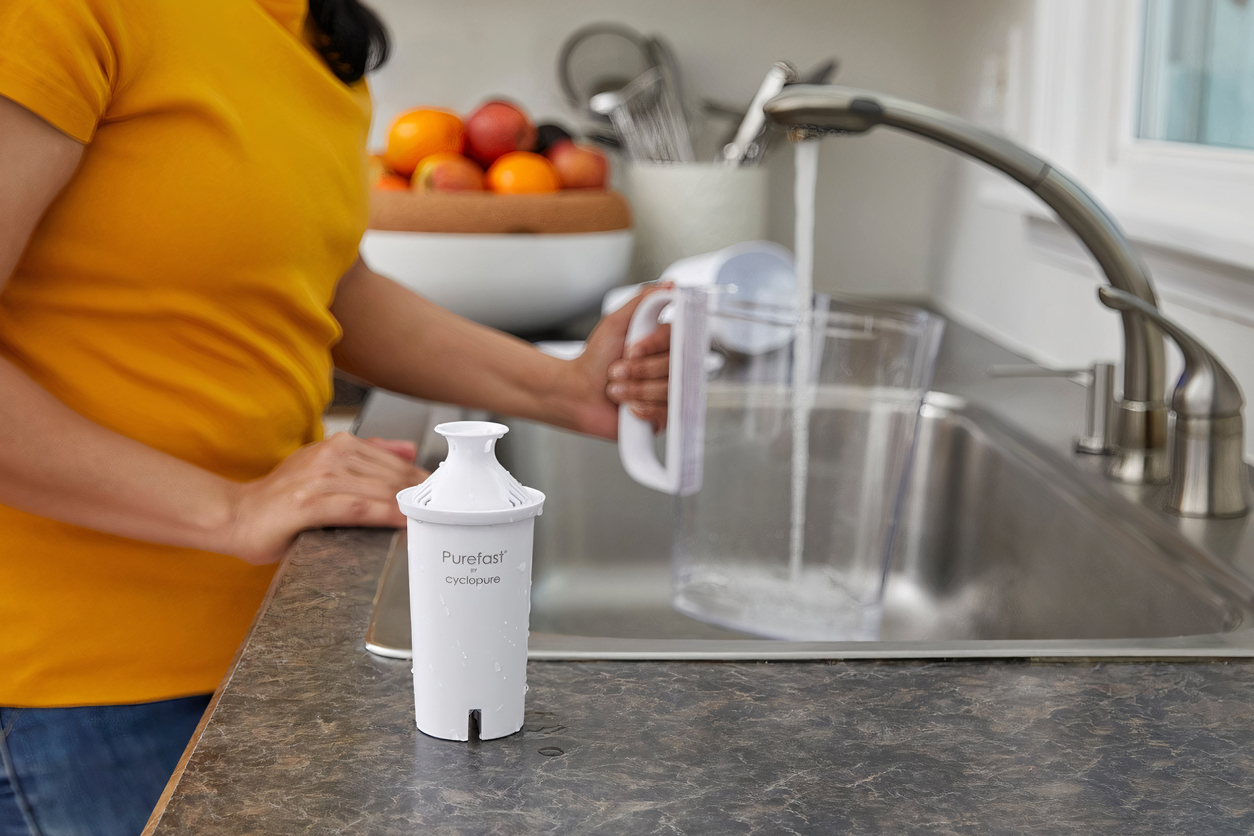 “Brita pitchers are accessible to a huge demographic and don’t require an expert, like a plumber, for installation,” noted Cassou. “This allows us to easily provide safe and affordable drinking water.” (Photo courtesy of CycloPure)
“Brita pitchers are accessible to a huge demographic and don’t require an expert, like a plumber, for installation,” noted Cassou. “This allows us to easily provide safe and affordable drinking water.” (Photo courtesy of CycloPure)
“The purpose of the SRP small business grant program is to create tools that will improve people’s health,” said SRP Health Scientist Administrator Heather Henry, Ph.D., who leads the program. “CycloPure is doing just that. It is a remarkable achievement that only four years after their grant started, they have launched a product that can help communities reduce their exposure to PFAS.”
Efficient technology
DEXSORB+ uses renewable cup-shaped cyclodextrins, derived from corn starch, to bind and remove all 40 PFAS targeted in the U.S. Environmental Protection Agency (EPA) PFAS Roadmap.
“Our cyclodextrins are very small, 0.78 nanometers to be exact, and in one gram of DEXSORB+, there are over 300 quintillion cyclodextrin cups,” Cassou explained. “This allows our technology to rapidly bind a variety of PFAS compounds faster and more efficiently than other filtration materials, like activated carbon.”
On March 17, the National Sanitation Foundation (NSF) International certified this filter as efficient and safe for drinking water treatment and approved its use for commercial purposes.
“The development of Purefast was a two-year process,” said Cassou. “We put Purefast through rigorous testing under different conditions to ensure performance was within NSF's PFAS limit of 70 parts per trillion. In lab, we confirmed zero PFAS detection for 65 gallons of water filtration.”
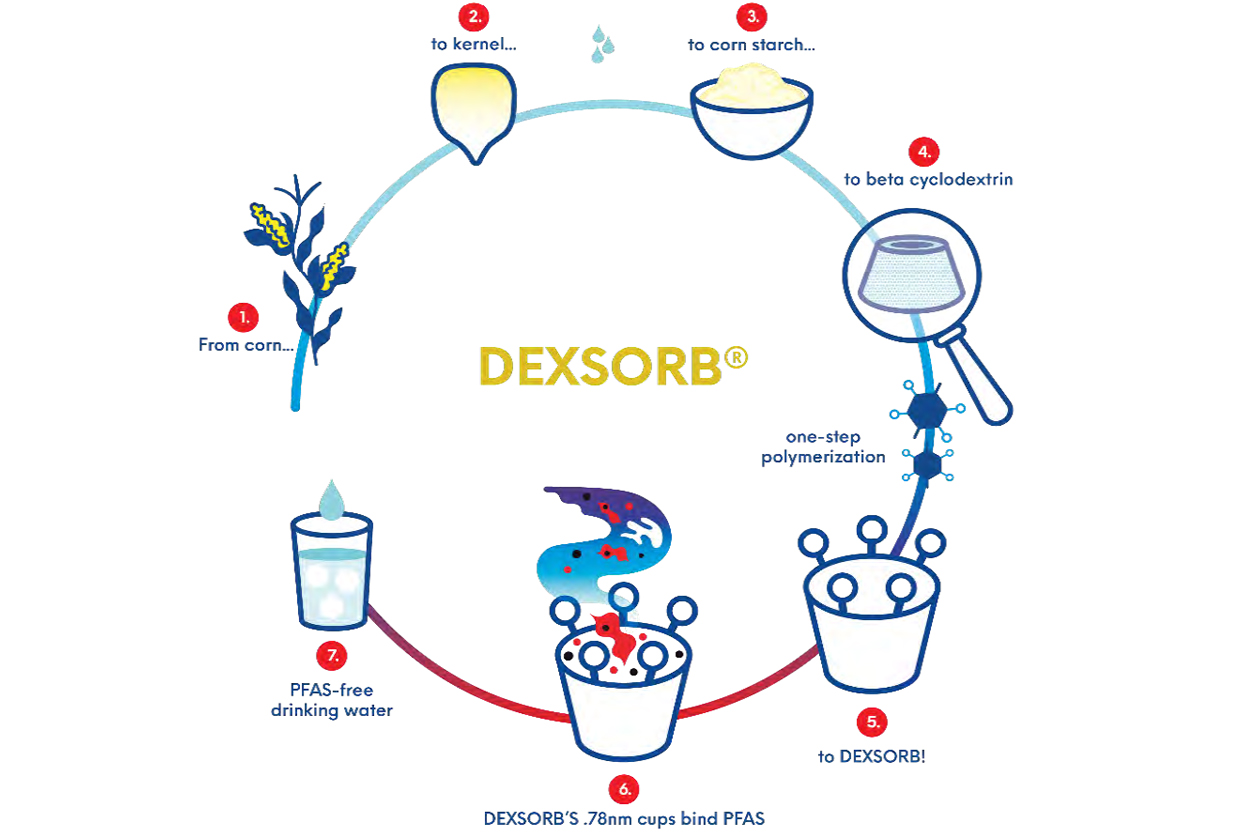 CycloPure describes their technology as “science by nature” because cyclodextrins are made from corn and are perfectly suited to capture and remove small molecule contaminants. (Photo courtesy of CycloPure)
CycloPure describes their technology as “science by nature” because cyclodextrins are made from corn and are perfectly suited to capture and remove small molecule contaminants. (Photo courtesy of CycloPure)Prioritizing sustainability, healthy communities
“Sustainability is one of our top priorities,” said Cassou. “We are working hard to make sure all materials are properly and safely disposed or reused.”
Each Purefast cartridge comes with a package and prepaid label to return the filter to Cyclopure’s lab, where the contaminants will be converted into salts and safely disposed without harming the environment.
At Cyclopure’s lab, DEXSORB+ can also be regenerated, allowing the team to re-use their technology for a variety of water filtration purposes.
Their team of experts works closely with communities across the U.S. with high levels of PFAS contamination, regularly testing their drinking water supplies and communicating results. One of their partnering communities in Massachusetts recently purchased 3,000 units to provide safe drinking water to all households in their town.
(Mali Velasco is a research and communication specialist for MDB Inc., a contractor for the NIEHS Superfund Research Program.)





